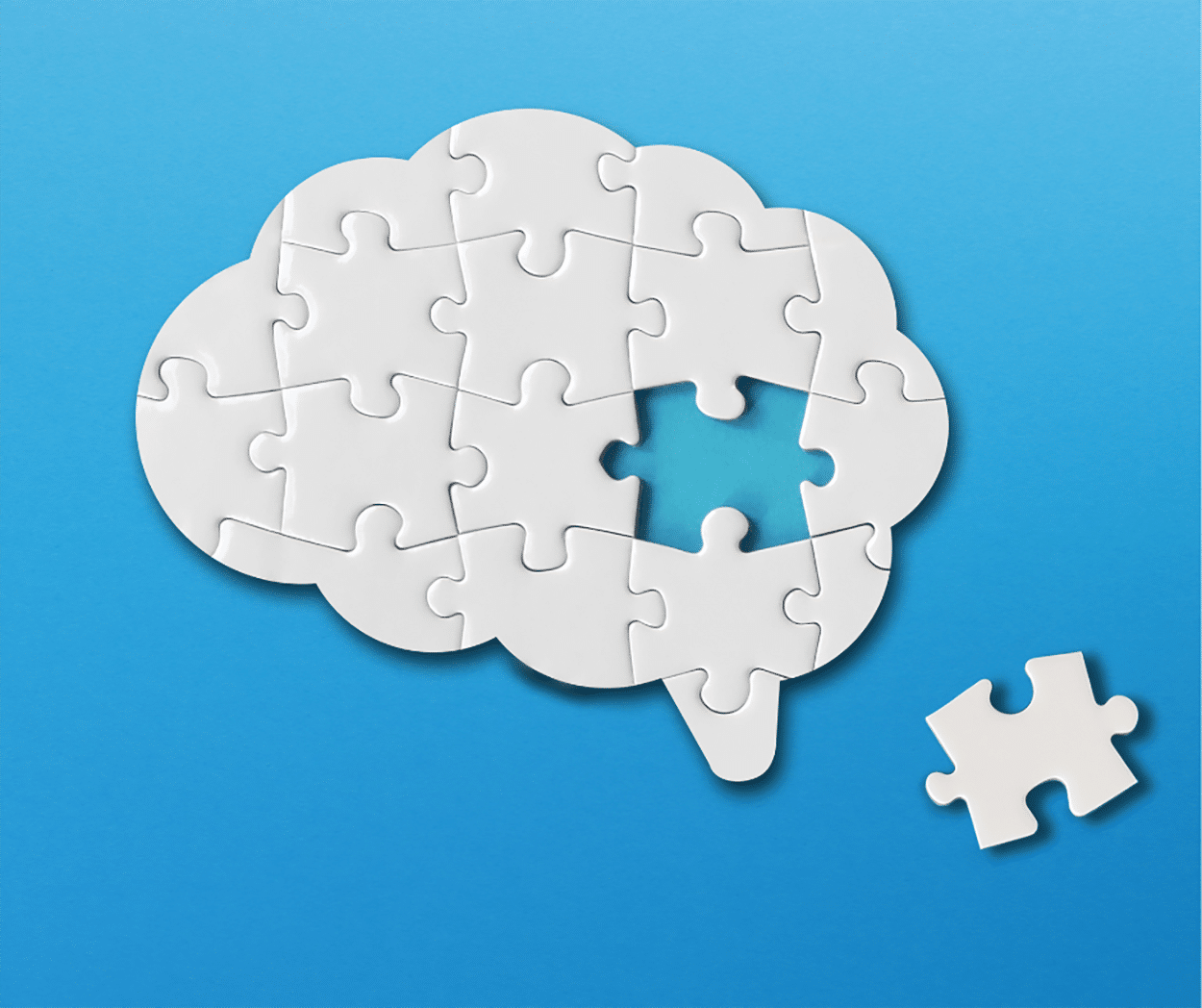Community Health & Wellness
Wellness Wednesday: Mental Health Awareness Month

Scot Fleshman
The Wellness Wednesday column is written by Scot Fleshman, an advanced registered nurse practitioner and board-certified family nurse practitioner. Fleshman and his wife, Jessica Hopkins, own Gig Harbor Primary Care.
Health & Wellness Sponsor
Health and Wellness stories are made possible in part by Virginia Mason Franciscan Health, a proud sponsor of Gig Harbor Now.
Mental Health Awareness Month has been observed in the U.S. for 73 years, and the need for awareness has only grown since then. Throughout the month of May, our job is to help get the conversation started on just how important mental wellness is.
As a family health care practice, we’ve seen the numbers spike on those seeking treatment for mental health disorders. This is both gratifying and disheartening.
It’s fantastic that new individuals are now asking for help with battles they’ve been fighting on their own. However, it is incredibly eye-opening to see just how many people are affected by disorders like anxiety, depression, and post-traumatic stress disorder.
Thankfully, there is a wide variety of resources available — everything from Telehealth to naturopaths to specialty counselors.
1 in 5 live with mental illness
According to the Centers for Disease Control and Prevention, “roughly 1 in every 5 Americans is currently living with a mental illness.” That is an incomprehensible statistic. Many different factors can contribute to a person developing a mental disorder. Genetics, life choices, and physical and psychological trauma can all be the root cause for a diagnosis.
There is a massive stigma regarding mental health in our society. Though it has decreased, it is still widely prevalent, especially in men. Did you know that only about 36% of people seek medical attention for an anxiety disorder? Many individuals feel embarrassed or ashamed for vocalizing their mental health struggles when they should feel accepted and appreciated. Even though lifestyle changes can help to decrease the severity of symptoms, sometimes professional help and medical care are necessary to improve a person’s quality of life.
We must also work to get the conversation started regarding teenage mental health disorders. The youth in our community are overly exposed to unhealthy vices that derive from technology. Social media is challenging to monitor and can invoke an extreme decrease in confidence, social skills, and interpersonal communication. Rather than going outside for exercise and vitamin D, kids are choosing to sit at the computer for hours on end. Eight percent of teens in the U.S. already have an anxiety disorder. This is an alarming statistic that we feel can be changed through regular wellness visits and healthy lifestyle habits.
Mental health and the pandemic
The pandemic was a difficult time for individuals in our community. Teachers were forced to lecture through a screen, kids were stuck playing indoors, and parents were left feeling hopeless and overwhelmed. Now that we are back to a world of normalcy, we are left to deal with the long-lasting effects that the pandemic caused, both mentally and physically.
A lack of socialization creates an increased fear of anxiety for individuals of all ages. Suddenly, presenting to a class or attending a social gathering has become a trigger of fear. The pandemic has been found to trigger a 25% increase in anxiety and depression. Many people lost loved ones, battled a horrible sickness, or were forced to make a tremendous lifestyle change. As a healthcare practice, we are choosing not to ignore the trauma that many people face. Instead, we are sharing the message that you are not alone.
Medical professionals like us love helping people improve their quality of life, no matter how much it has diminished.
There are a wide variety of mental illnesses that one can develop during childhood or later in life. The best way to rid of the stigma is to educate ourselves that specific symptoms can be caused by genuine illnesses within the brain.
Here are some different types of mental illness that are wildly diagnosed within the US:
- Anxiety Disorders
- Depression
- Eating Disorders
- Post-Traumatic Stress Disorder
- Personality Disorders
- Psychotic Disorders
Anxiety, depression, and PTSD are the three most common mental health conditions, making up around 30% of the diagnosis here in the U.S.
Steps you can take
Healthy lifestyle choices can make monumental impacts on your mental wellness. Whether you are living with a severe illness or suffer from stress and anxiety, improving lifestyle habits has been connected to a positive increase in mental wellness.
- Engage in a form of exercise daily
- Eat a nutritious and balanced diet
- Limit caffeine, smoking, and alcohol consumption
- Speak with a therapist or counselor
- Keep a journal to record how you are feeling over a period of time
- Be open and honest with your doctor and advocate for yourself
- Confide in loved ones and respect your personal boundaries
A mental health crisis is not something that can be dealt with alone. Please reach out to a loved one or professional if you are in need of assistance. Here are some great resources provided here in Pierce County. Save this post for yourself or anyone you think it may help.
Pierce County Crisis Line – 800-576-7764.
South Sound – Dial 2-1-1
988 Suicide and Crisis Lifeline – Dial 9-8-8
Tacoma Community House – Visit online or call 253-383-3951
WA Listens – Text or call 1-833-681-0211.


